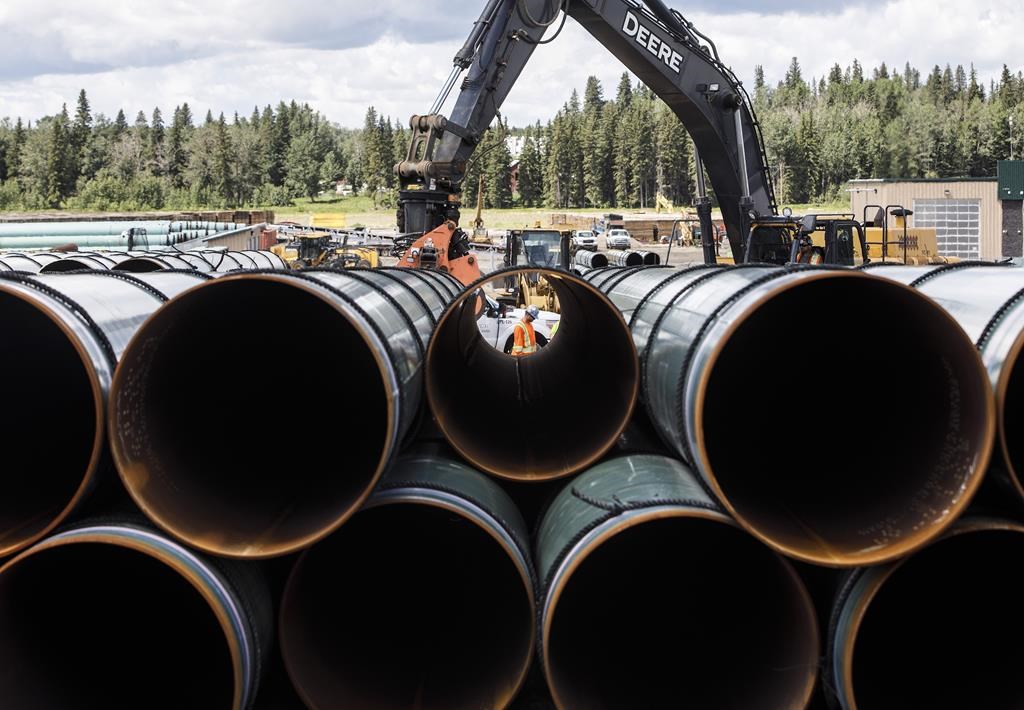Delegates from an environmental advocacy group are championing a potential initiative that could aid in the reduction of local fossil fuel dependence via bumps in a pipeline tax.

Adeola Egbeyemi, a project assistant with Environment Hamilton, says councillors “perked up” when her group suggested potential levies to Hamilton’s pipeline rate could be a revenue option since it’s one municipal tax that has no provincial threshold limiting increases.
“So unlike the other classes, they have no limits on what the province says and the city has to sort of adhere to, ” Egbeyemi told 900 CHML’s Good Morning Hamilton.
“But during our research, we found that there was no limit to this one.”
The revelation came during research on six climate-related initiatives the non-profit was hoping councillors might sign on to in a fight against climate change.
Councillors have asked staff to look into the possibility of raising those taxes and how it might reduce the city’s reliance on fossil fuel.
Residential taxpayers wouldn’t benefit from the increase directly, but it could ease burden on other tax bases like the industrial and commercial sectors, according to the city’s general manager.
Mike Zegerac told councillors during a Monday budget meeting the effect would likely be a reduction in tax rates on other property classes.
The city estimates its current pipeline tax ratio, levied on utility companies, generated some $5 million in 2022 through industrial, residential and commercial classes.
Egbeyemi says she’s pleased councillors have acted on the recommendation but is hopeful some of the other research initiatives will get some consideration — including an examination of 250 oil and gas wells within city limits, only about 50 are active and more than half have been abandoned.
“There’s two that I think … going forward we will have to pay a lot of attention to … prioritizing geothermal energy as well as sustainable rental building cooling,” Egbeyemi said.









Comments